Things You Should Never Do Before Bed
As the day winds down, many of us look forward to the comfort of our nighttime routines. However, not all bedtime habits are created equal. While some practices can lead to a restful night’s sleep, others might leave you tossing and turning, only to regret them when morning comes. In this article, we will explore 10 bedtime habits that might seem harmless or even beneficial at first glance but can have unintended consequences. Understanding these pitfalls can help you adjust your nightly rituals to ensure you wake up refreshed and ready to tackle a new day. Let's delve into these habits and uncover why they might not be as helpful as they seem.
1. Late-Night Snacking

It might be tempting to indulge in a late-night snack while watching your favorite show or finishing up some work, but this habit can disrupt your sleep cycle. Eating close to bedtime can lead to indigestion and acid reflux, making it difficult to fall asleep comfortably. Moreover, consuming high-sugar or high-caffeine foods can spike your energy levels, further delaying sleep onset. Studies suggest that the body's metabolism slows down at night, meaning those extra calories are more likely to be stored as fat. To avoid these issues, try to have your last meal at least two to three hours before bed and opt for lighter, healthier snacks if you must eat.
2. Screen Time Before Bed
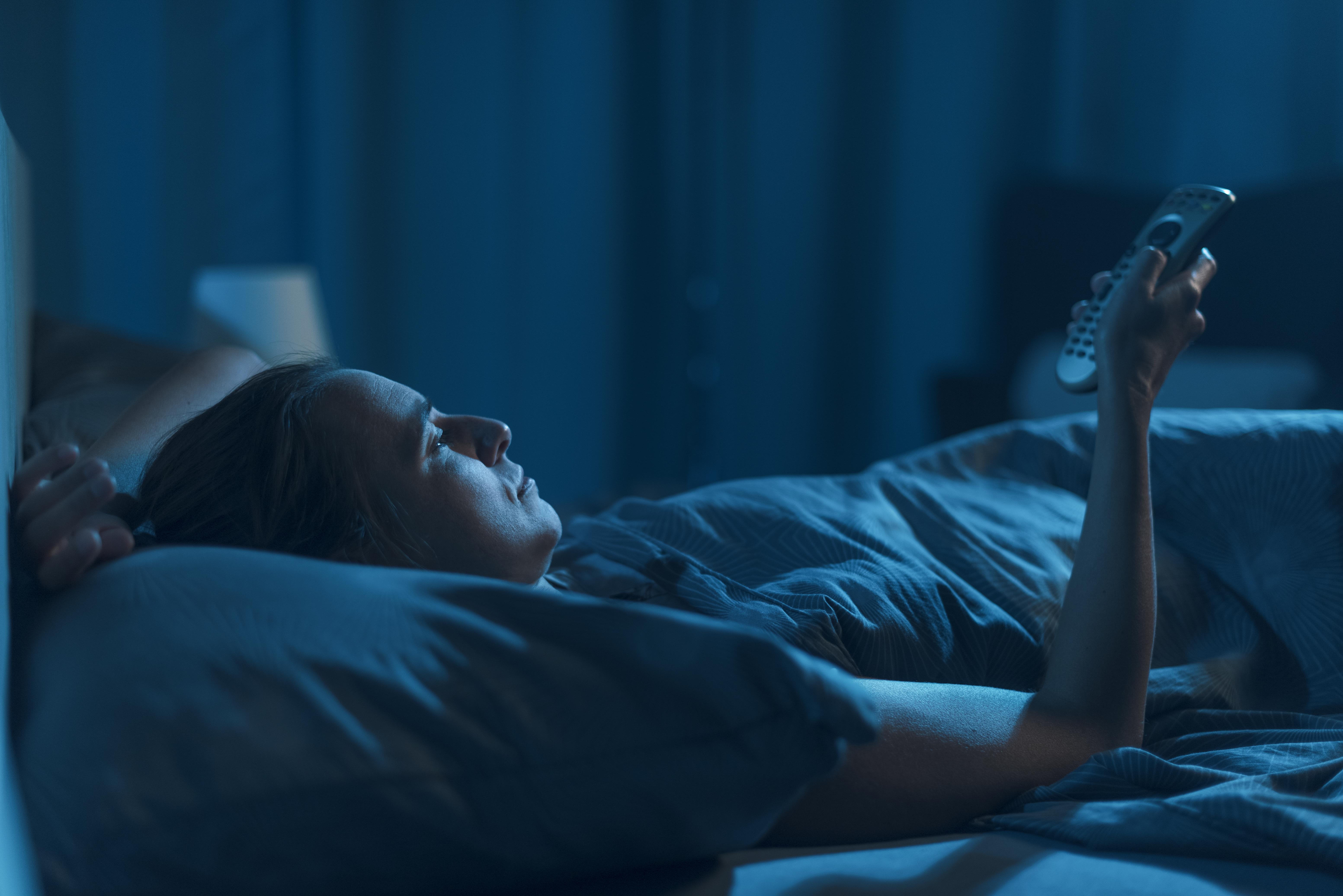
In our digital age, it's common to scroll through social media or watch videos before bed, but this habit can interfere with your sleep quality. The blue light emitted by screens can suppress the production of melatonin, the hormone responsible for regulating sleep-wake cycles. This disruption can lead to difficulty falling asleep and a reduction in overall sleep quality. Experts recommend establishing a digital curfew, turning off screens at least an hour before bedtime. Instead, engage in relaxing activities such as reading a book or practicing mindfulness exercises to signal to your brain that it's time to wind down.
3. Overconsumption of Caffeine
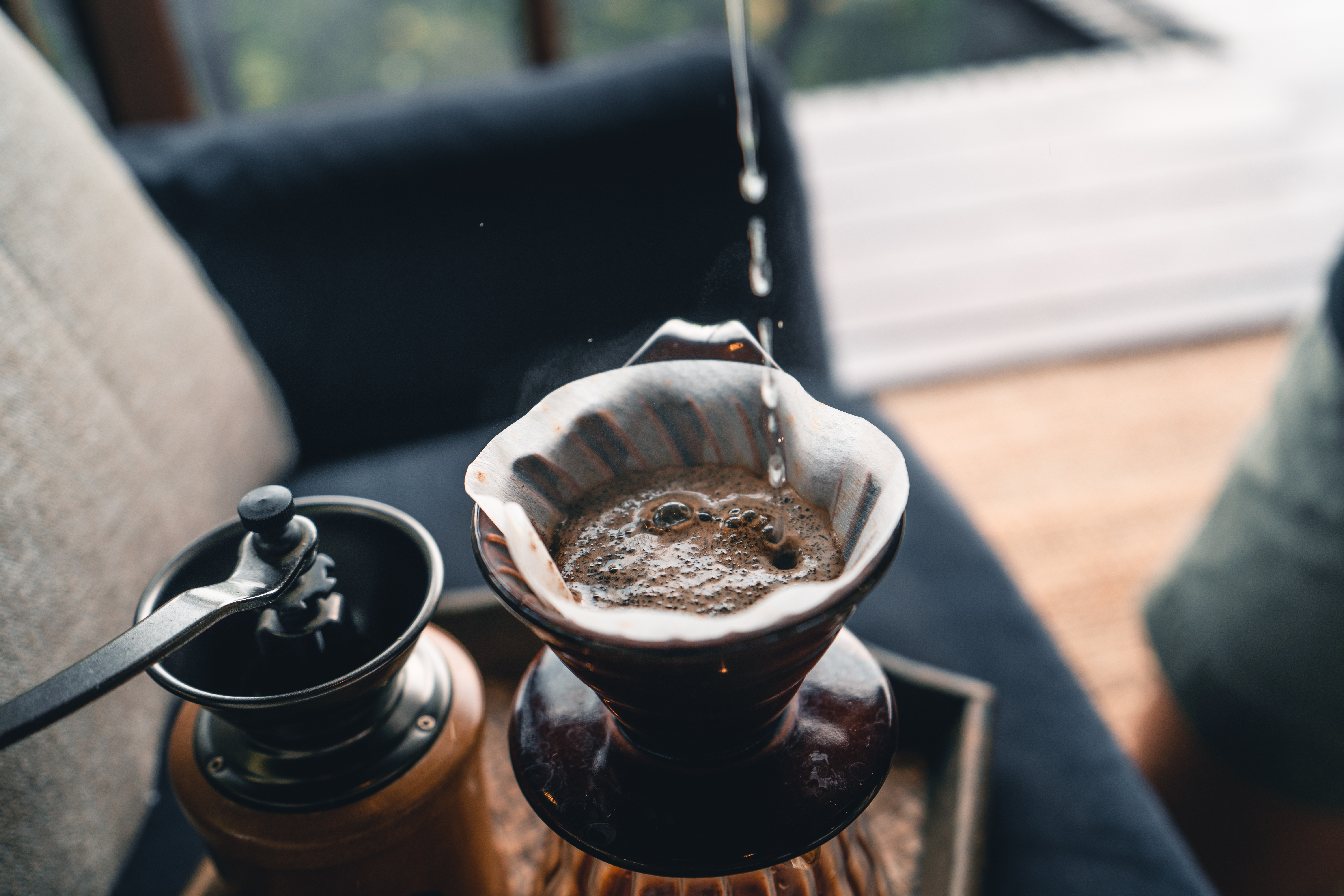
Caffeine is a well-known stimulant that can keep you alert and focused, but consuming it too close to bedtime can wreak havoc on your ability to fall asleep. Caffeine can stay in your system for up to six hours, so even that late afternoon coffee can impact your sleep. It blocks adenosine, a chemical that promotes sleep, making it harder for you to feel tired. To avoid this, limit your caffeine intake in the afternoon and evening. Opt for herbal teas or caffeine-free beverages as the evening approaches to help your body naturally transition to a restful state.
4. Inconsistent Sleep Schedule
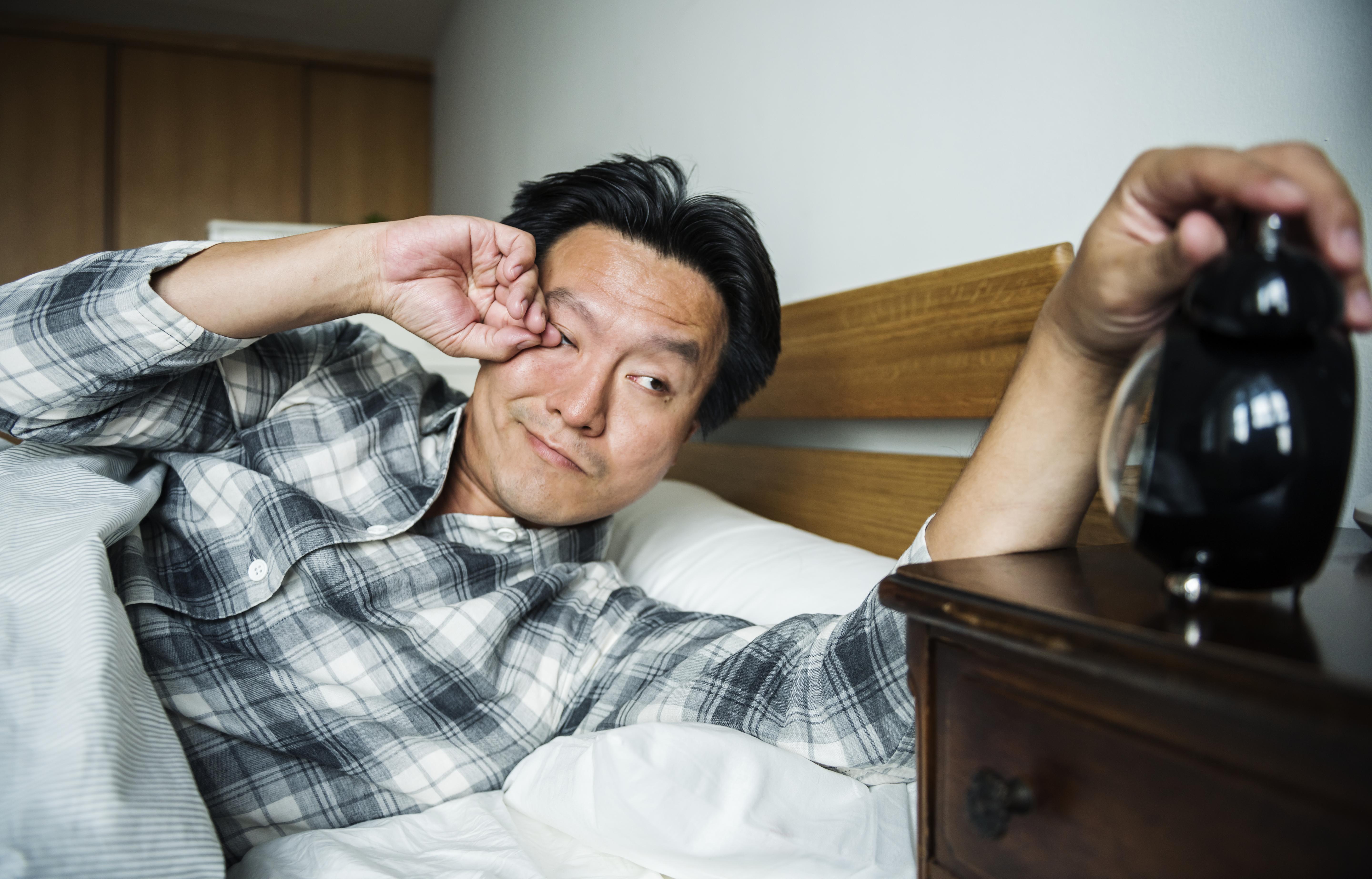
Going to bed and waking up at different times each day can confuse your body's internal clock, making it harder to fall asleep when you want to. This inconsistency can lead to a phenomenon known as social jetlag, where your body's natural rhythms are out of sync with your lifestyle. Over time, this can contribute to sleep disorders and a general feeling of fatigue. To combat this, try to establish a consistent sleep schedule by going to bed and waking up at the same time every day, even on weekends. This practice helps regulate your circadian rhythm, making it easier to fall asleep and wake up naturally.
5. Using Alcohol as a Sleep Aid

While a nightcap might seem like a good way to unwind, using alcohol as a sleep aid can backfire. Initially, alcohol may help you fall asleep faster, but it disrupts the sleep cycle, particularly the REM stage, which is crucial for restorative sleep. As the body metabolizes alcohol, it can cause frequent awakenings and a restless night. Additionally, alcohol can exacerbate sleep apnea and other breathing disorders. To improve sleep quality, limit alcohol consumption in the evening and explore other relaxation techniques, such as meditation or gentle stretching, to prepare your body for sleep.
6. Stress and Overthinking

Lying in bed with a racing mind is a common issue that can prevent you from drifting off to sleep. Stress and overthinking can activate the body's stress response, releasing cortisol, a hormone that keeps you alert. This can create a vicious cycle where stress leads to poor sleep, which in turn exacerbates stress. To break this cycle, develop a calming pre-sleep routine that includes activities like journaling, deep breathing exercises, or listening to soothing music. These practices can help clear your mind of the day's worries and prepare your body for a more restful night's sleep.
7. Poor Sleep Environment
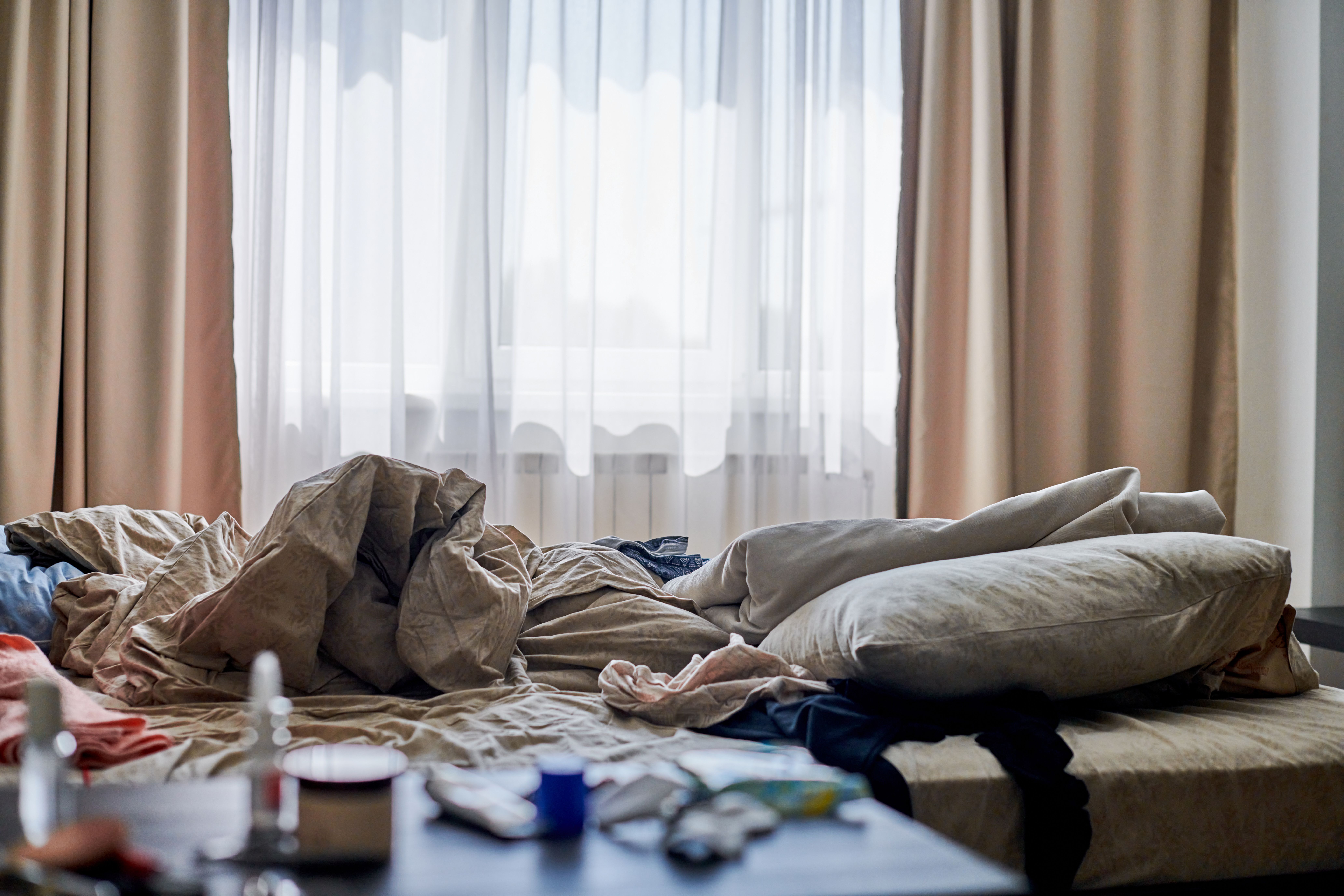
The environment in which you sleep plays a critical role in your ability to rest. A cluttered, noisy, or uncomfortable bedroom can make it difficult to relax and fall asleep. Factors such as room temperature, lighting, and noise levels can all impact sleep quality. Aim to create a sleep-friendly environment by keeping your bedroom cool, dark, and quiet. Invest in comfortable bedding and consider using blackout curtains or a white noise machine to block out disturbances. By optimizing your sleep environment, you can enhance your ability to fall asleep quickly and stay asleep throughout the night.
8. Excessive Napping During the Day
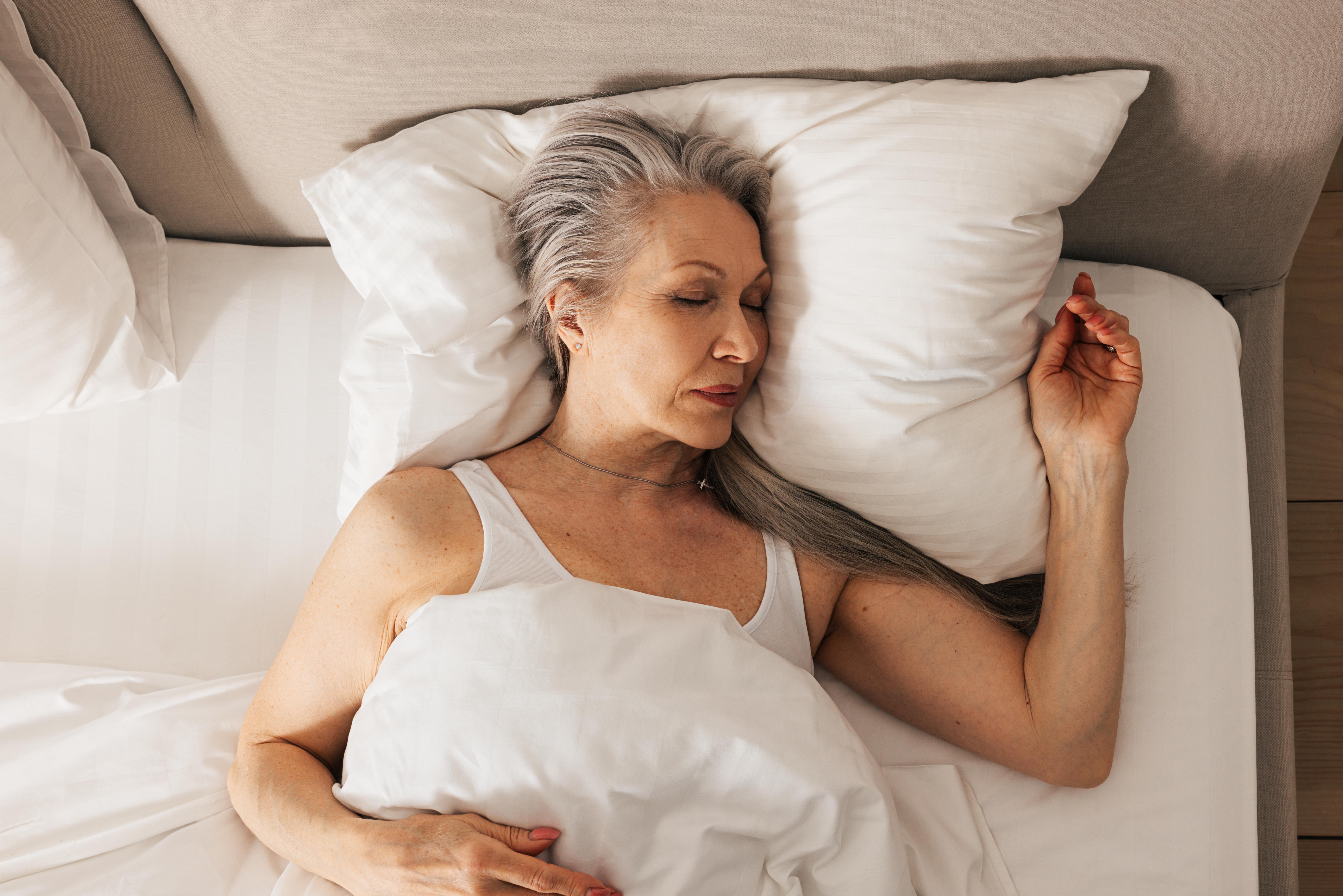
While napping can be a great way to recharge, excessive or poorly timed naps can interfere with nighttime sleep. Long naps or those taken late in the day can reduce sleep pressure, making it harder to fall asleep at your usual bedtime. To make the most of naps without disrupting your sleep schedule, limit them to 20-30 minutes and avoid napping late in the afternoon. Short power naps can boost alertness and improve mood without compromising your ability to get a good night's sleep later on.
9. Ignoring Relaxation Techniques
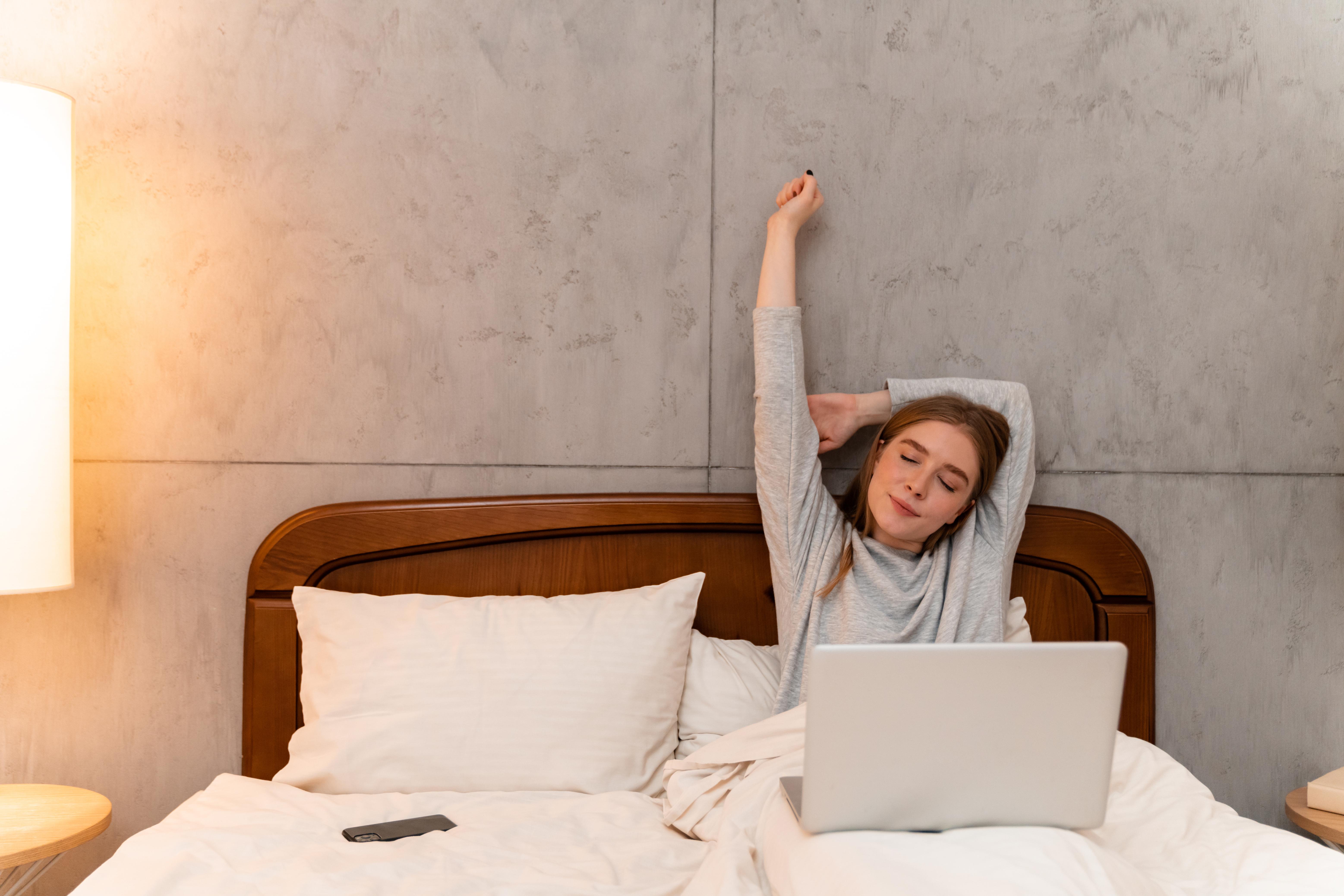
Many people overlook the importance of relaxation techniques in promoting better sleep. Activities such as meditation, progressive muscle relaxation, and deep breathing can significantly enhance sleep quality by reducing stress and calming the mind. These practices help slow down the heart rate and decrease blood pressure, creating a state of relaxation conducive to sleep. Incorporating relaxation techniques into your nightly routine can help signal to your body that it's time to wind down, making it easier to transition from wakefulness to sleep.
10. Lack of Physical Activity

Regular physical activity is essential for maintaining good sleep hygiene. Exercise helps regulate the body's internal clock and can increase the amount of time spent in deep sleep, the most restorative sleep phase. However, timing is important; vigorous exercise too close to bedtime can have the opposite effect, energizing the body and making it difficult to fall asleep. Aim to finish any intense workouts at least a few hours before bed and consider lighter activities like yoga or stretching in the evening to promote relaxation and prepare your body for sleep.
Crafting a Better Bedtime Routine
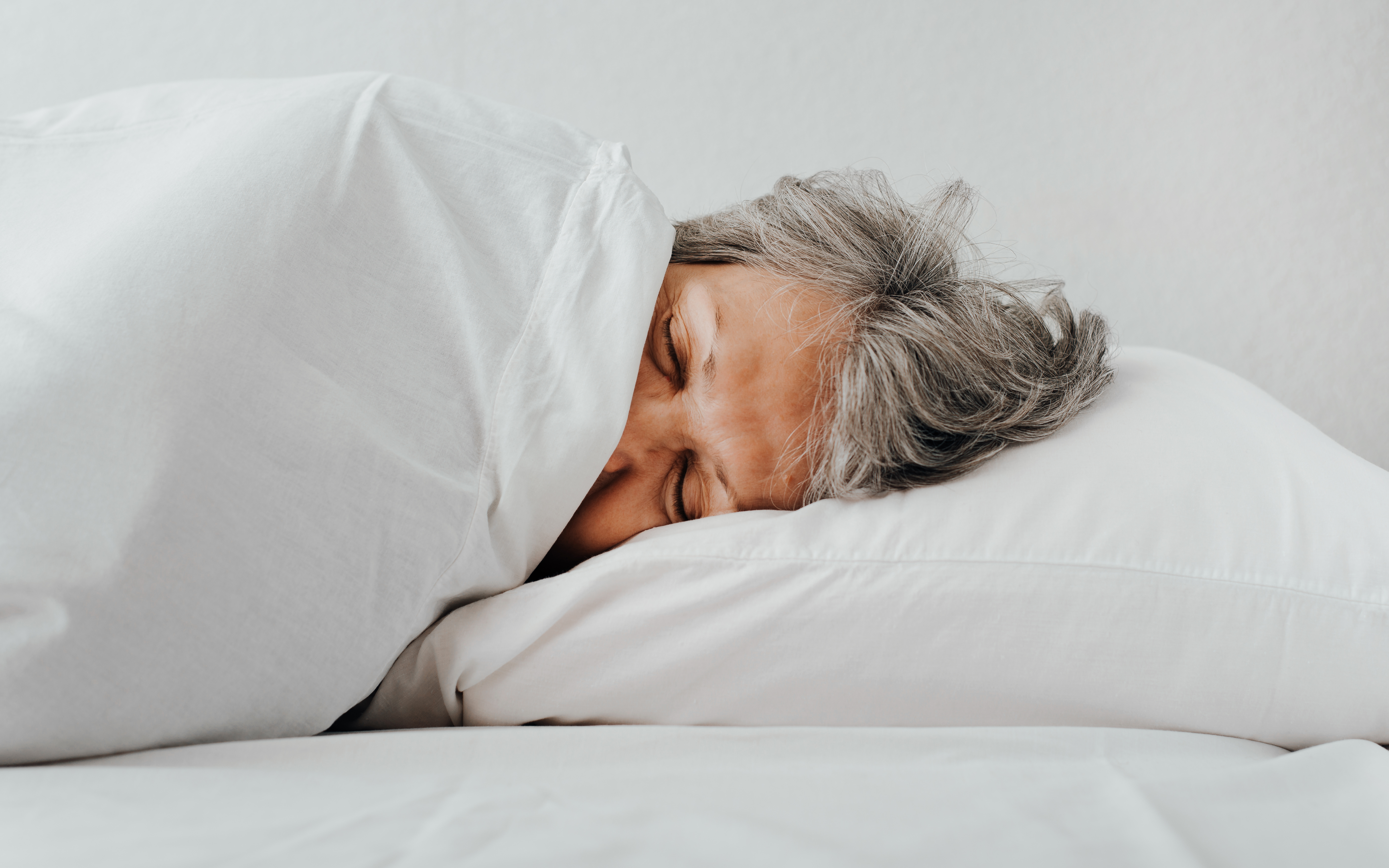
While some bedtime habits may seem harmless or even beneficial, they can have a significant impact on your sleep quality and overall well-being. By recognizing and addressing these habits, you can craft a better bedtime routine that supports restful sleep. Focus on creating a consistent sleep schedule, optimizing your sleep environment, and incorporating relaxation techniques into your nightly ritual. By making these changes, you can improve your sleep quality and wake up feeling refreshed and ready to face the day. Remember, a good night's sleep is a cornerstone of a healthy lifestyle, and it starts with the choices you make before bed.